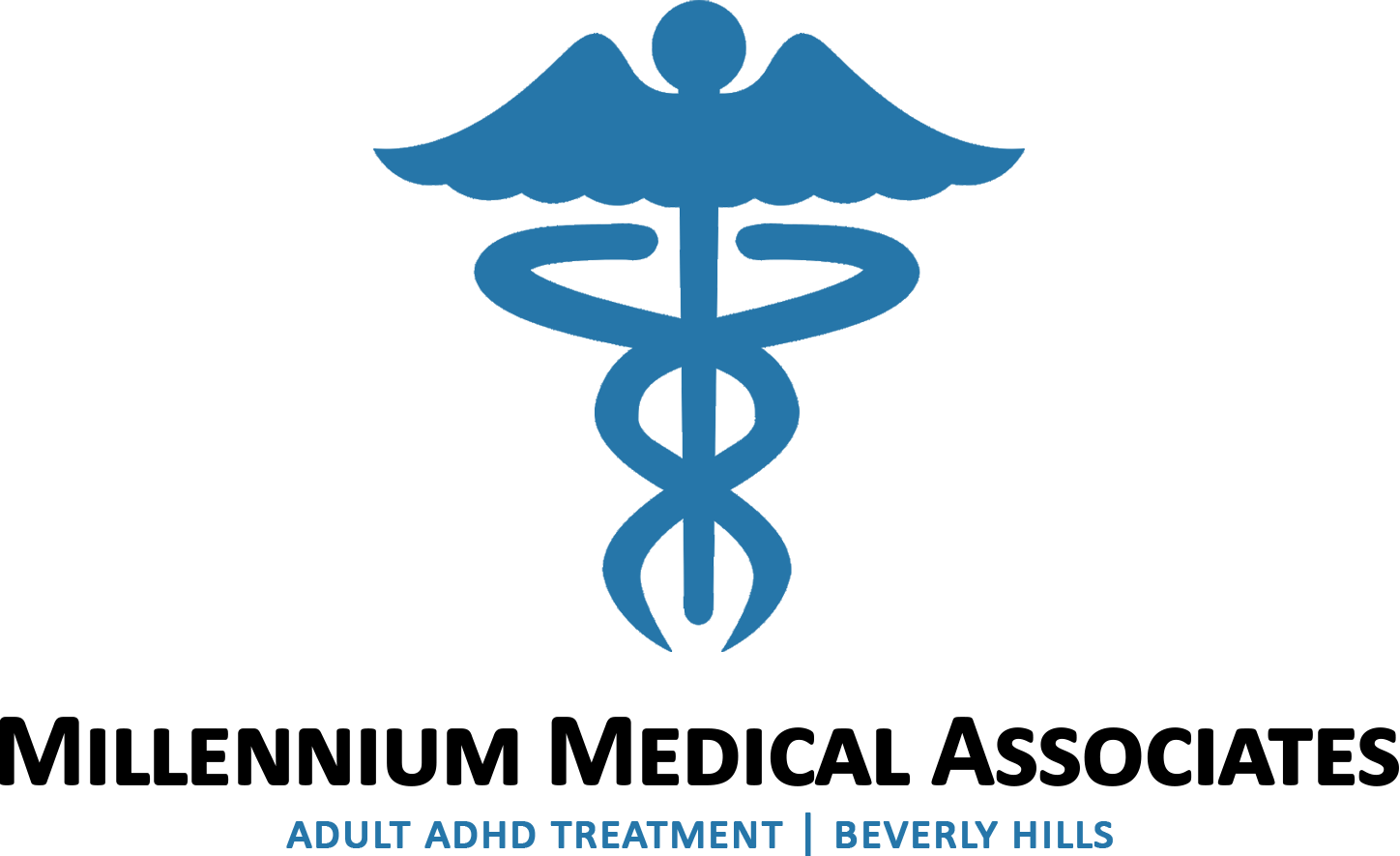How ADHD is Different for Women
Hi friends, Emily here.
When you think of the “typical” patient with ADHD, an adult woman may not be the first image that comes to find. More commonly, ADHD is associated with boys and men—yet women can, and do, suffer from this disorder. In fact, young women between the ages of 24 and 36 are now the fastest growing segment of the population receiving treatment for ADHD.
ADHD tends to present differently in women than it does in men, and this could be one reason that the disorder is not typically associated with females. ADHD actually has three subtypes: the hyperactive/impulsive subtype, the inattentive subtype, and the combined subtype. While men tend to display more hyperactive symptoms, women more often present with inattentive symptoms, including forgetfulness, distractibility, and shorter attention span.
Unfortunately, this also means that women with ADHD often go undiagnosed, which can have damaging consequences. Undiagnosed ADHD has been associated with higher rates of substance abuse, depression, eating disorders, and learning disorders. People with undiagnosed ADHD may experience problems at work, school, and in their social lives.
Interestingly, hormonal levels can also impact the way that ADHD presents in women. Studies have shown that ADHD symptoms may fluctuate across the menstrual cycle, with symptoms increasing when estrogen levels fall.
Additionally, women tend to have a different set of societal expectations placed on them than do men. While gender roles are now more fluid than in the past, women have traditionally been expected to fulfill organization and planning roles at both home and work, and often have increased parenting responsibilities as well. Fulfilling these roles can be extra challenging when a woman has ADHD.
Women who present to my practice often report that they feel “overwhelmed,” “exhausted,” or that they “just can’t take it anymore.” While some women may display outward signs and symptoms of ADHD, others have become so adept at compensating for their disorder that only they are aware of how much they’ve been struggling.
I believe that to appropriately treat ADHD in women, a holistic approach is needed, taking into account the patient’s signs and symptoms, health and mental health history, work/school expectations, and family/social expectations. While medications are generally the mainstay of treatment, some patients may find that a comprehensive approach that also incorporates counseling, behavior therapy, or ADHD coaching offers additional relief, which our office can refer you to.
If you believe you may have ADHD or would like to seek treatment at my practice, you can begin by taking the confidential ADD/ADHD assessment (link below). A member of my staff will then contact you with 24 hours to discuss next steps.

